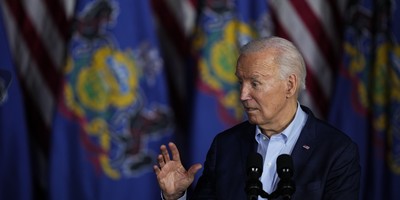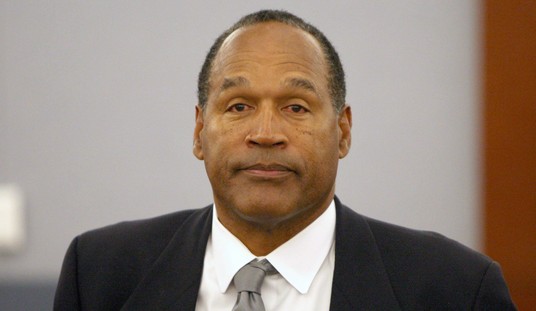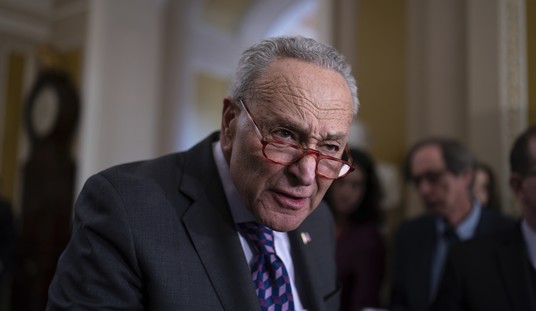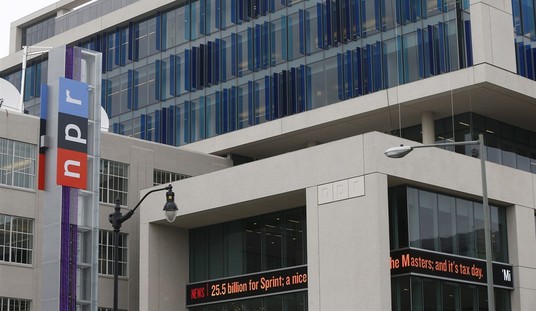This week, General David Petraeus and Ambassador Ryan Crocker will return to Capitol Hill to provide their latest update on the progress made by our troops and their Iraqi counterparts in the year since the troop surge began. In spite of the politically-charged rhetoric coming from the Left, the success of the Petraeus plan is quantifiable in many important ways, with regard to both security gains and steps toward long-awaited political reconciliation.
For example, the rate of civilian and coalition deaths has declined by more than 70 percent since last June. Security incidents in the Anbar province – once the most dangerous area in Iraq – have decreased approximately 90 percent since the surge began in January 2007. And the burgeoning Iraqi government is making important strides of its own: its Ministry of Defense has assembled 134 army combat, infrastructure, and special operations battalions, the national government is sharing vital oil revenues with Iraqi provinces, and the Iraqi parliament has passed pension, de-Baathification reform, amnesty, and budget laws in just the last few months alone. In fact, the much-maligned Iraqi government has met 12 out of the original 18 benchmarks set for it and made substantial progress toward meeting five more. I often jokingly say that this gives the Iraqi parliament a better track record than the U.S. Congress, but as it turns out, it’s really not a joke. There is genuine validity to that assertion.
As a result of these indisputable steps forward, more than 20,000 of our troops are coming home. But more importantly, they are returning home after success – not defeat. That is, after all, where the difference lies between those who have stood behind the Petraeus plan and those who have sought to undermine it every step of the way. And this divide is sure to be on full display this week, when the General and Ambassador testify before the Armed Services and Foreign Affairs committees in both the Senate and the House.
Recommended
Those who are lining up again to undercut the Petraeus plan and force our troops home in defeat are recalibrating their strategy once more – because they have fallen short countless times already. Who could forget the “slow bleed” strategy devised last Spring by House Defense Appropriations Chairman John Murtha (D-PA), who attempted to choke off the funding our men and women in uniform needed to fight al Qaeda in Iraq, with the hope that such a scheme would force them home sooner than planned? Or the cynical plan employed by the Democratic Majority last May, in which they loaded up the Iraq and Afghanistan troop funding bill with billions in unrelated and unnecessary pork-barrel spending, daring Republicans to vote against our military? Or the unprecedented stalling of a critical funding bill for our veterans and key military projects last fall, again playing politics with military resources with the hope of again derailing the mission in Iraq?
Indeed, congressional Democrats and their allies in the anti-war Left have devised strategy after strategy to derail our efforts in Iraq, but they have failed each time, allowing our troops to achieve the gains over the past year that have made victory in Iraq much more attainable. This week, they’re bound to try once again, however, with all signs indicating that they will take direct aim at General Petraeus, even as his strategy is yielding success in Iraq, and make the convoluted argument that Iraq is to blame for our recent economic downturn. Frankly, in an election year, this is not unexpected. But even so, my hope is that amidst all of the rhetoric and mudslinging this week, we do not lose sight of the real consequences of failure in Iraq: a destabilized Middle East, an emboldened al Qaeda, and, most critically, a significantly diminished U.S. national security for generations to come. None of these consequences, in my view, are worth a precipitous withdrawal, and that is why we owe it to General Petraeus and the troops who are so ably implementing his strategy to continue supporting them.
But there is a clear distinction between saying you support the troops and backing up those claims with genuine action. Senator Barack Obama (D-IL) once said “we shouldn’t play chicken with our troops” when it comes to funding our troops in harm’s way, and his colleague Senator Hillary Clinton (D-NY) urged General Petraeus at the start of the surge to request “every possible piece of equipment and resource necessary” to keep our troops safe. These words turned into little more than empty rhetoric when both proceeded to vote against funding our troops last year.
This type of partisan and political maneuvering on Iraq has become commonplace, and we can expect to hear more of the same this week. But that does not make it acceptable. Much more is at stake this week than just fodder for a political campaign. In the middle of the clutter of an election year, this week’s hearings will bring into focus the military and political gains and setbacks sure to leave an imprint on Iraq, the Middle East, and the world for generations to come.
























Join the conversation as a VIP Member